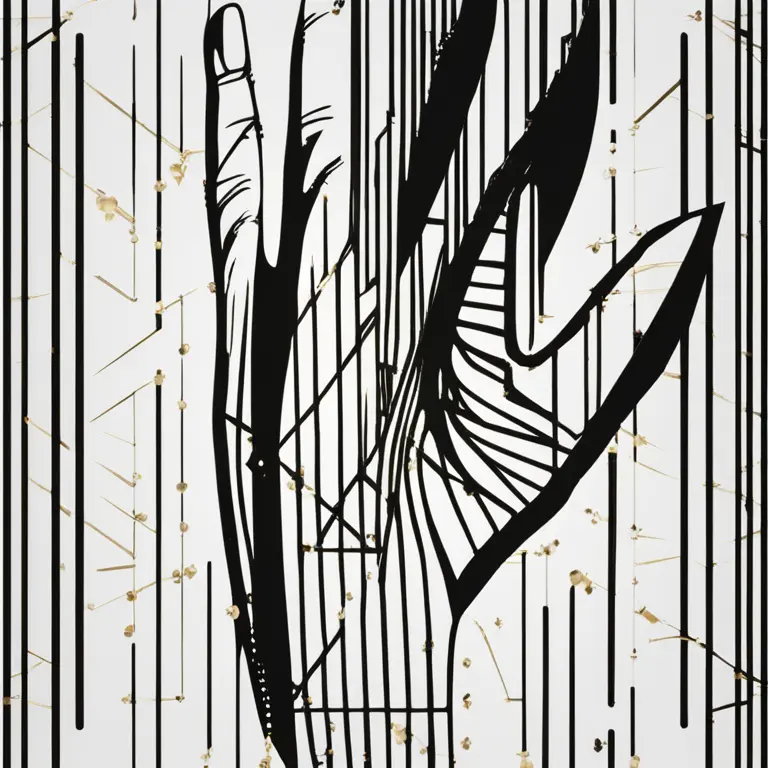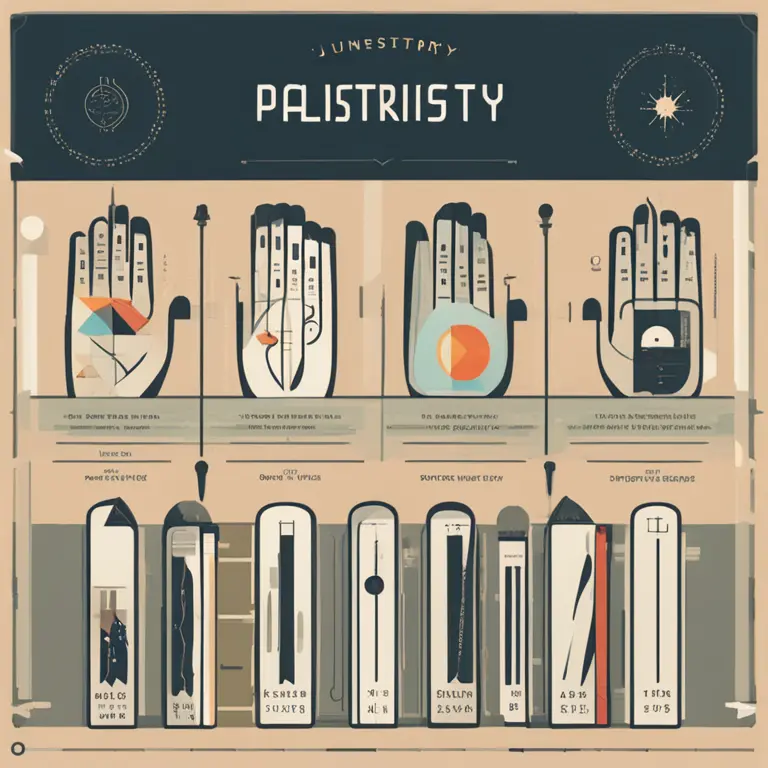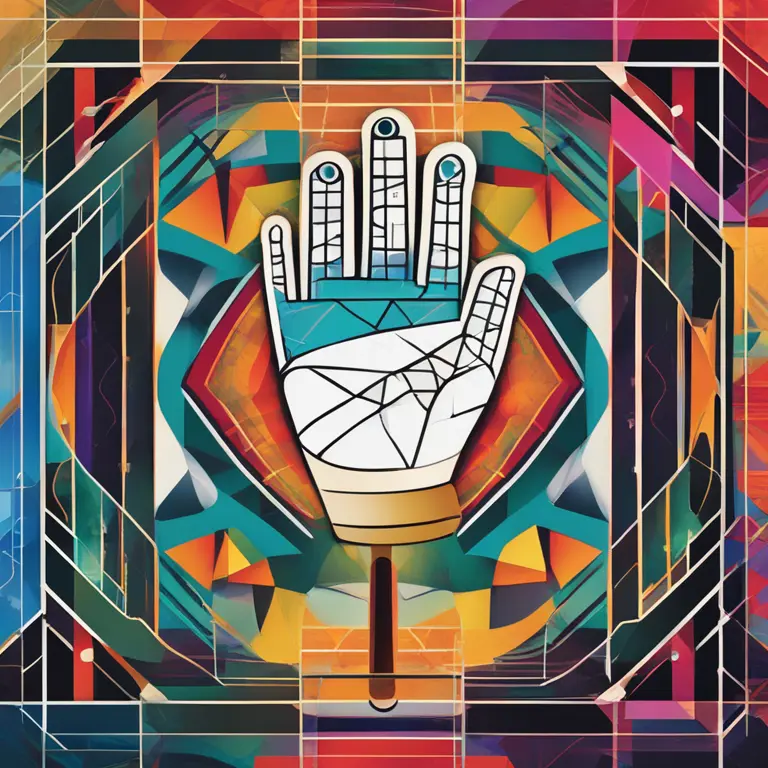
Reading the Lines: Insights from Palmistry
Discover the significance of palm lines and how palmistry can offer insights into your personality and life path in this intriguing article.
article by Nora Pennington
The Art of Palmistry
Palmistry, or chiromancy, has been practiced for centuries, entwining with various cultures and belief systems. This ancient practice involves the study of the palm to reveal personality traits and life experiences—both past and future. Although scientific evidence supporting palmistry is sparse, its enduring relevance suggests a timeless allure. As we move deeper into 2024, palmistry continues to intrigue individuals seeking self-understanding and esoteric wisdom. Its principles have evolved, merging with contemporary psychology, to provide nuanced readings reflective of current societal norms.

Understanding the Major Lines
When analyzing hands in palmistry, three major lines are considered: the heart line, head line, and life line. The heart line, arcing across the upper palm, reflects emotional and romantic perspectives. The head line, running below the heart line, signifies intellectual tendencies and decision-making approaches. The life line, curving around the base of the thumb, is often associated with vitality and major life changes. Variations in these lines' depth, length, and curvature are thought to illustrate distinct aspects of an individual's character and potential life journey.

Minor Lines and Markings
Beyond the major lines, palmists examine several minor lines and markings for additional insight. Among these, the fate line, sun line (also known as the Apollo line), and mercury line each add layers to a person's story. The fate line indicates the degree to which a person's life is affected by external factors. The sun line represents potential for wealth or fame, while the mercury line relates to communicative abilities. These lines are not present in all hands and can vary greatly, suggesting a unique blueprint for each individual.

The Mounts and Fingers in Palmistry
The mounts of the palm—that is, the fleshy areas under each finger—have their own interpretive significance. For instance, the Mount of Venus under the thumb relates to love and passion, while the Mount of Jupiter under the index finger reflects ambition and leadership. Likewise, the shape, length, and positioning of the fingers are said to disclose more about personal propensities, such as creativity or logic. The thumb, in particular, is analyzed for its flexibility and form, hinting at willpower and self-control. In contemporary palmistry, these interpretations are often infused with psychological concepts.

Myth vs. Modernity in Palmistry
Palmistry walks a fine line between myth and modernity. While its roots are mystical, today's practitioners often couple age-old techniques with modern understanding. For instance, while traditional palmistry may connect certain hand features to predestined outcomes, contemporary readers might instead focus on the hands as a reflective tool for self-improvement and awareness. This shift enables palmistry to maintain its appeal and relevance in an ever-evolving world, where introspection and personal growth are highly valued.
Palmistry as a Personal Journey
Embarking on a journey through palmistry is to embrace a personal exploration that transcends time. Whether one perceives it as a window into destiny or a mirror of the self, the experience can be enlightening. As we continue moving forward, the practice of palmistry adapts, inviting new interpretations and methods. For those curious about the signs etched into their hands, palmistry offers a unique intersection of self-discovery and age-old wisdom.
Published: 2/1/2024
Modified: 2/1/2024
More predictions
Come back here soon to learn more about yourself and your future


The Palmistry Success Line: A Guide to Your Achievements
Discover the insights your hands offer about personal triumphs and professional achievements through the intriguing study of the palmistry success line.


An Introduction to Palmistry: Insights from Your Hands
Discover the art of palm reading and how the lines and shapes of your hands can reveal personal insights and future possibilities.


The Palm's Path to Prosperity: Interpreting the Success Line
Uncover the mysteries of the palmistry success line and learn how it may influence your journey towards achieving your goals and aspirations.